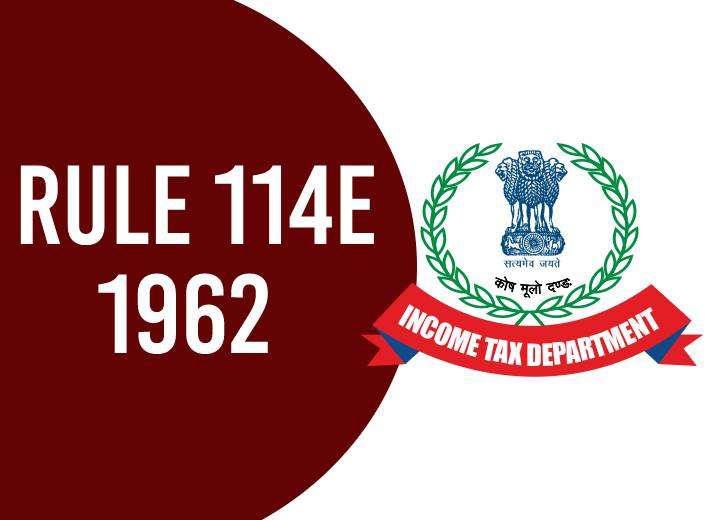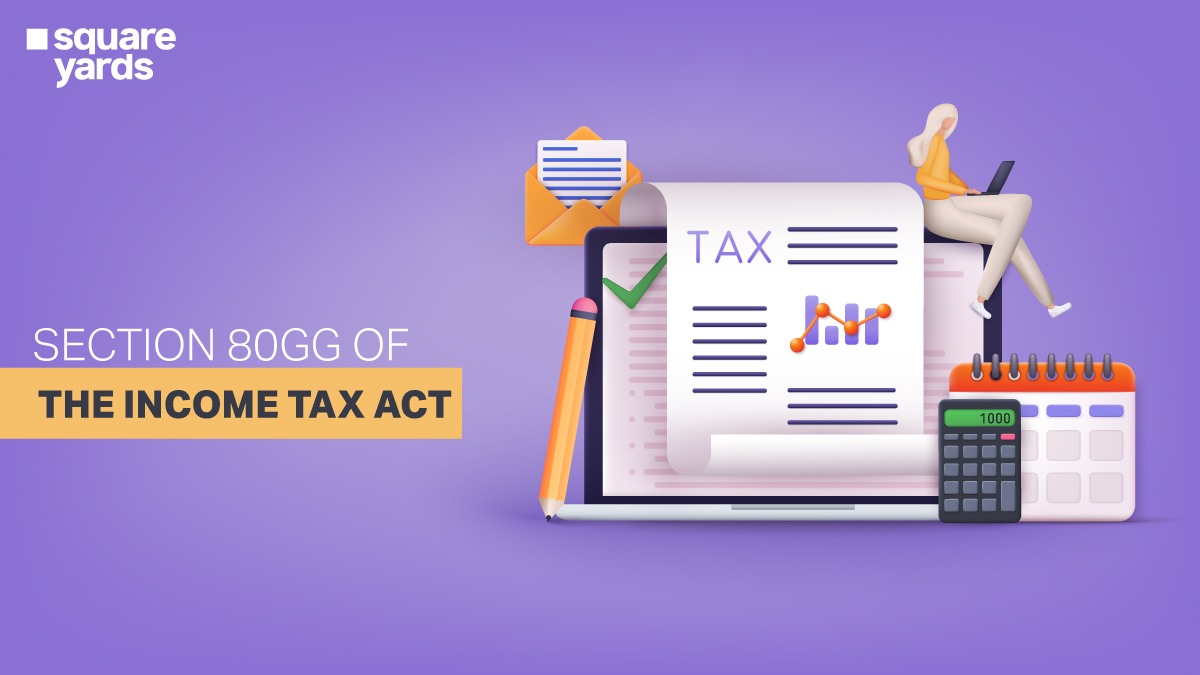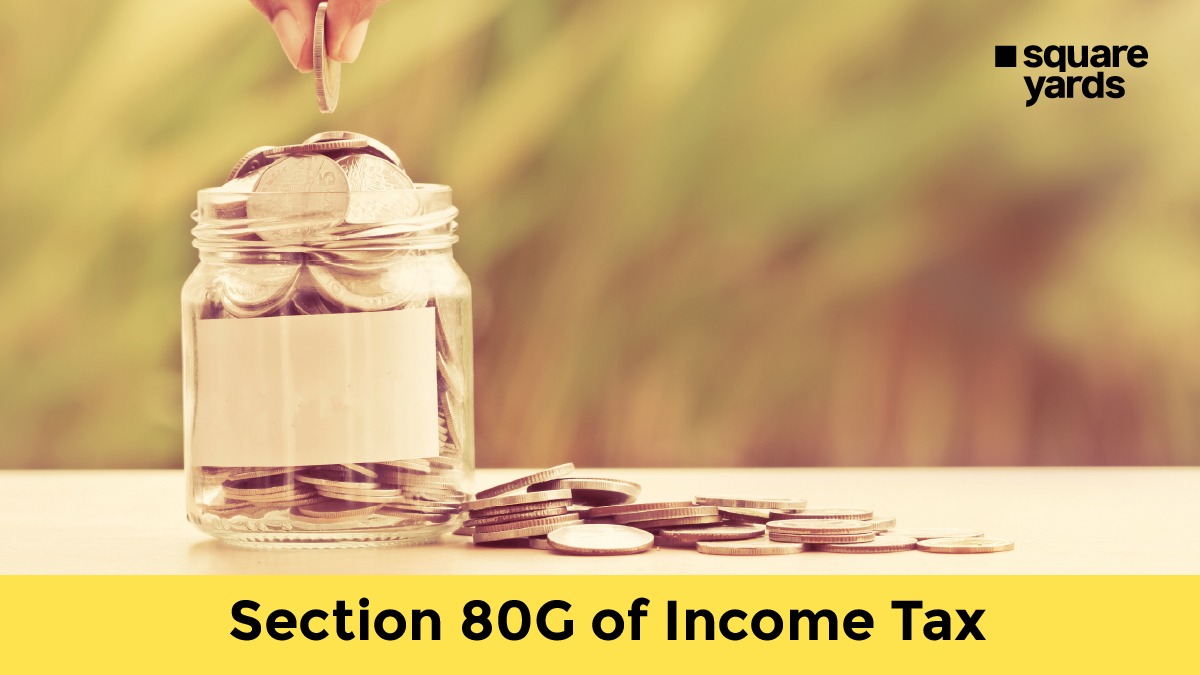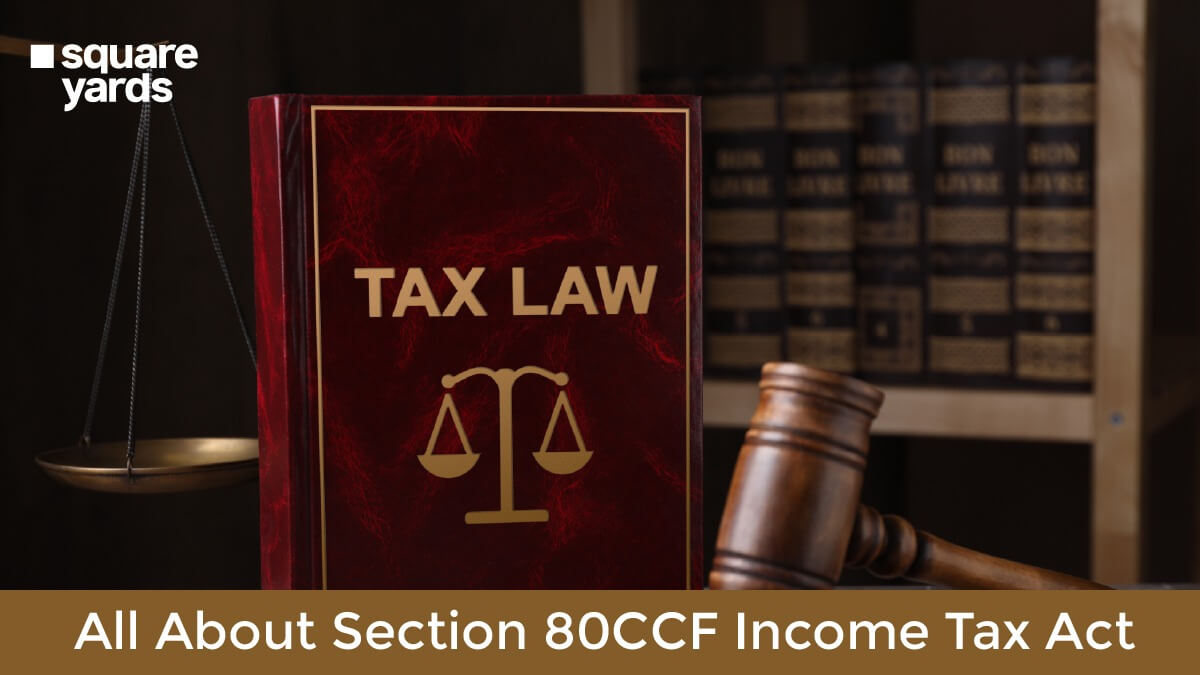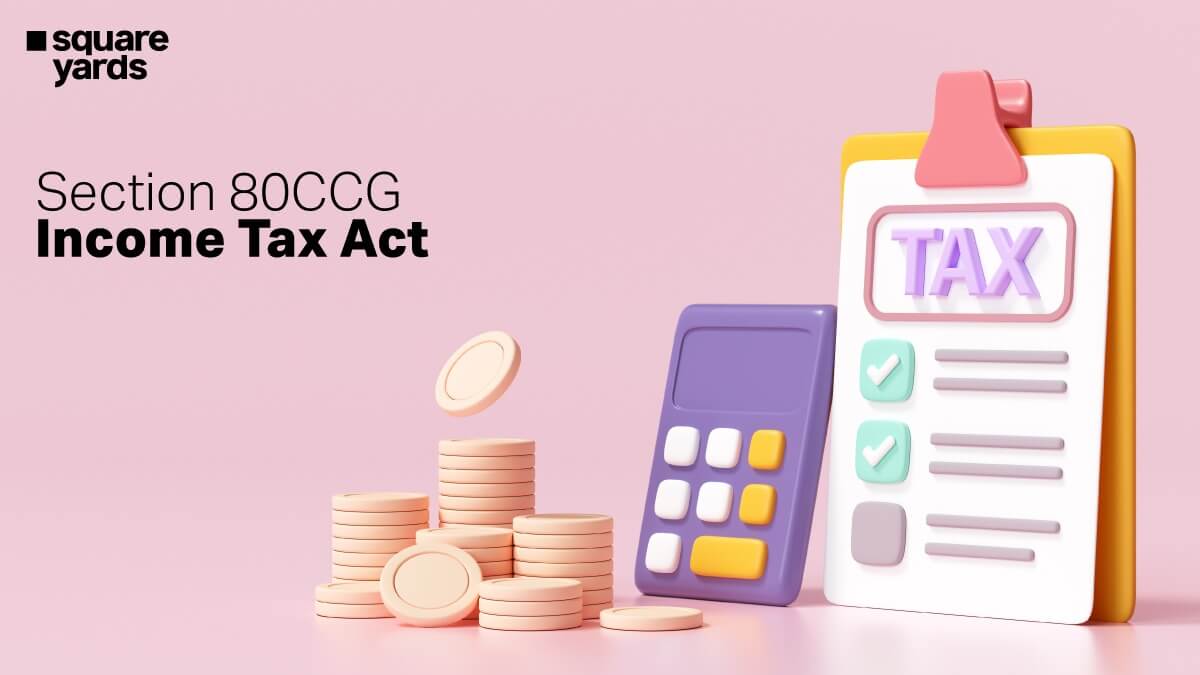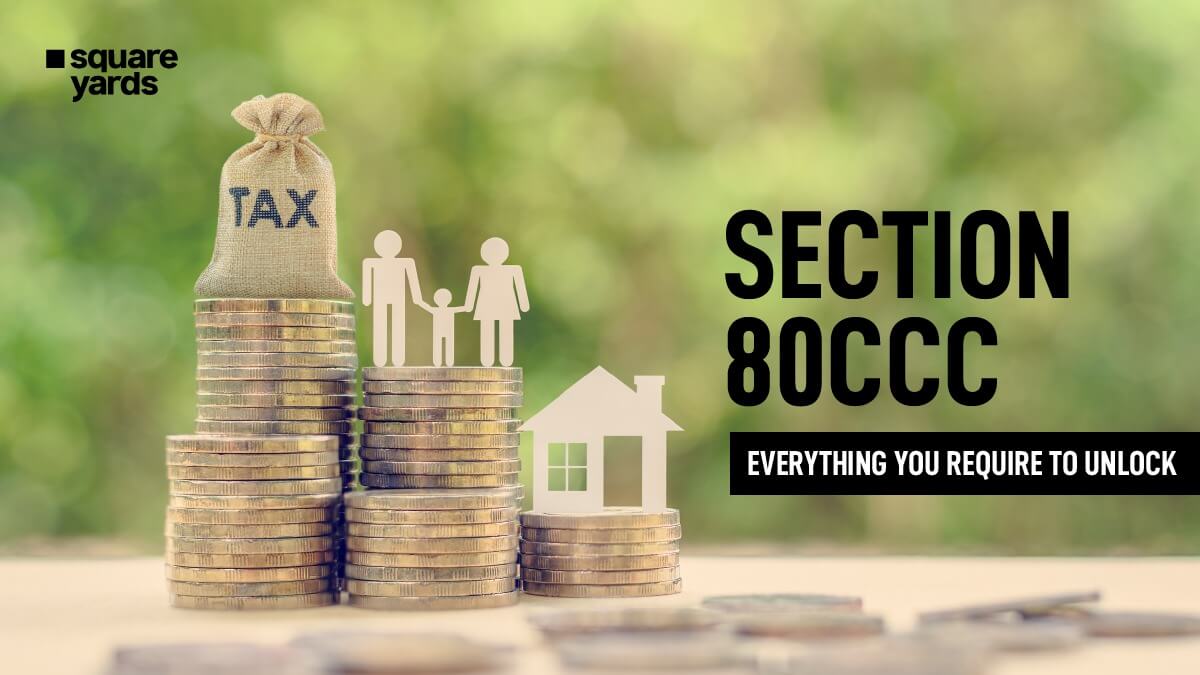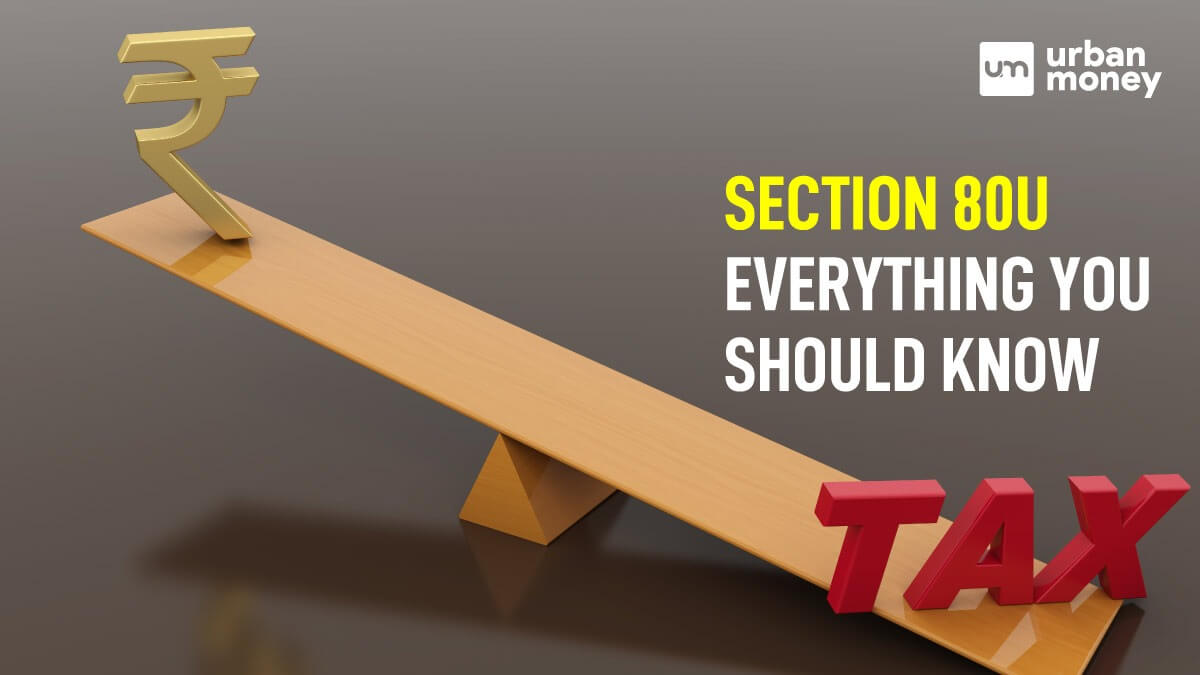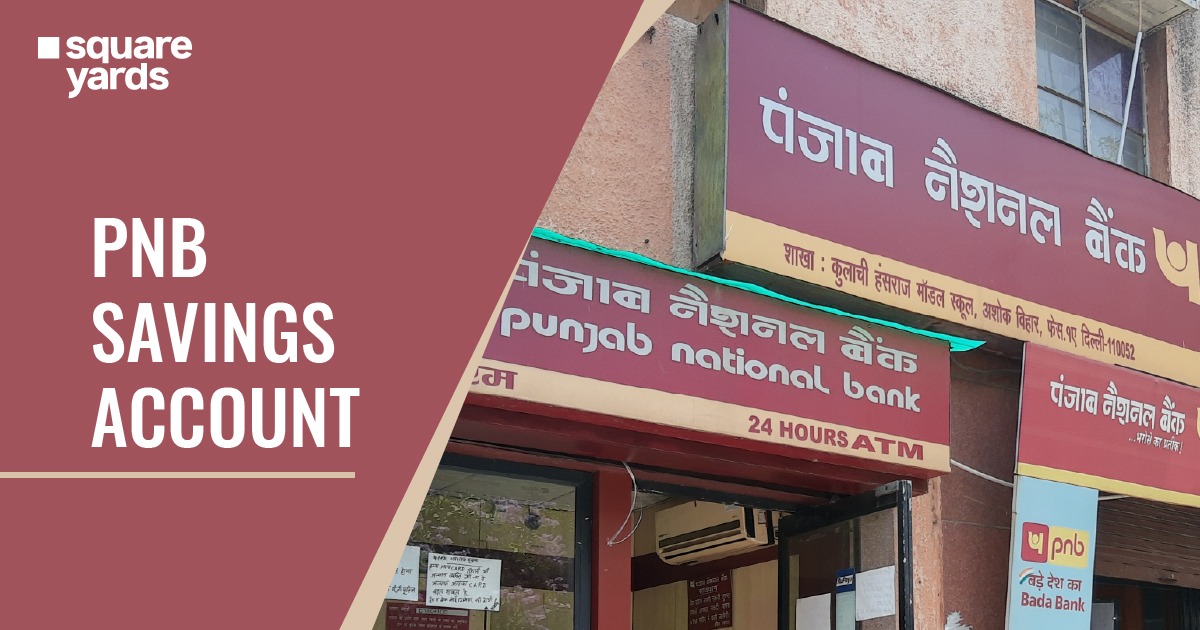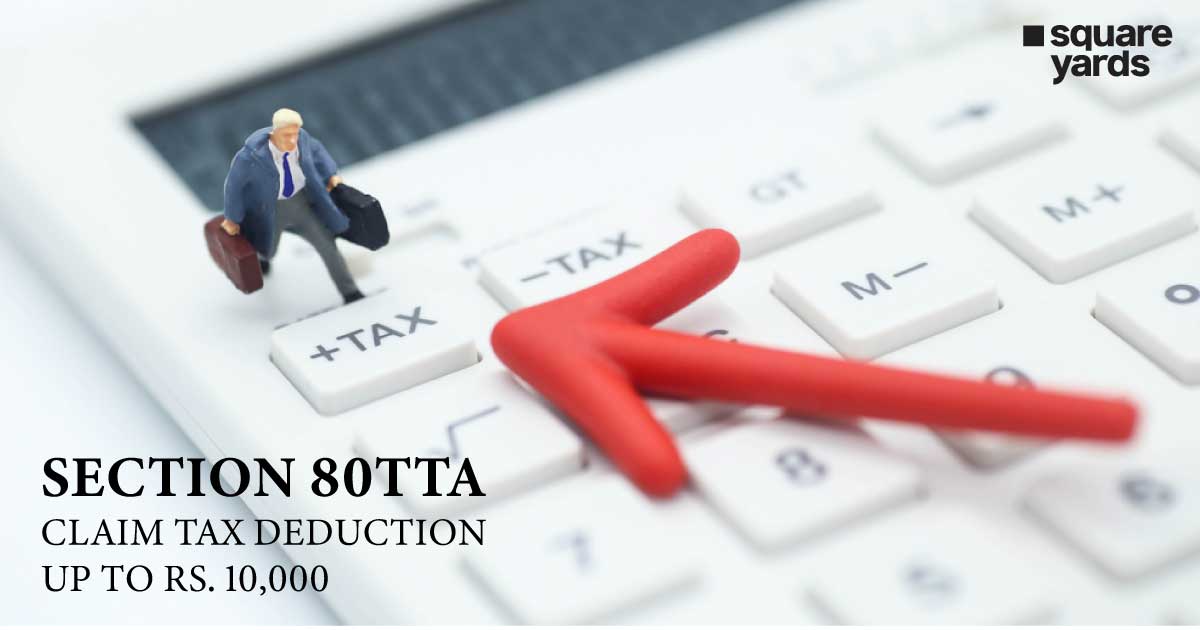Income Tax is the primary source of income for the government, which is, in turn, for the development of the country. The Income Tax Act was introduced in 1960 to enforce income tax laws all over the country. Additionally, the Income Tax rules were introduced in 1962 to lay down the rules and regulations regarding the scope of Income Tax in the country. One such rule mentioned in the Act is rule 114E.
This blog will show some transactions requiring a statement of transactions mentioned under Rule 114E.
What is Income Tax Rule 114E?
Section 285BA of the Income Tax Act states the specific individuals who need to furnish statements of financial transactions while filing ITR returns. Rule 114E of the Income Tax Laws of 1962 states that the statement of financial transactions must be filed in Form 61A.
Transactions Under Rule 114E
The table given below illustrates the transactions that fall under the scope of Rule 114E and the corresponding reporting persons for the transactions:
|
Serial No. |
Type and Value of Transaction |
Reporting Person |
|
1.
|
● Any payment made in cash for purchase orders/banker’s cheques/banker’s drafts exceeds Rs. 10 lakhs in the financial year. ● Any cash payments exceeding Rs. 10 lakhs for acquiring prepaid financial instruments issued by RBI as dictated in Section 18 of Payment and Settlement Systems Act, 2007. |
Any banking company or co-operative bank as specified in the Banking Regulation Act of 1949. This includes any institutions referred to in Section 51. |
|
2.
|
Deposits made in cash more than Rs. 10 lakhs in a financial year in the assessee’s accounts. This does not include current accounts or time deposits. |
● Any banking company or co-operative bank specified in the Banking Regulation Act of 1949, including the institutions mentioned in Section 51. ● A Postmaster General stated in Section 2 clause (j) of the Indian Post Office Act of 1898.
|
|
3. |
Any time deposits made by the individuals exceeding Rs. 10 lakhs in the fiscal year. This does not include time deposits made by renewing another time deposit. |
● Any banking company or co-operative banks stated in the Banking Regulation Act of 1949. Including the institutions stated in Section 51. ● A Postmaster General stated in Section 2 clause (j) of the Indian Post Office Act of 1898. ● Any Nidhi, as stated in the Companies Act Section 406. ● Any non-banking financial institution which has a registration certificate as stated under Section 45-1A of the Reserve Bank of India Act grants them the right to accept deposits from the public. |
|
4. |
Payments made by the assessee made in the financial year more than Rs. 1 lakh in cash or Rs. 10 lakhs through other modes, with respect to credit card bills in their name. |
Any co-operative bank or banking institution stated in the Banking Regulation Act, including the institutions stated in Section 51. Any other companies or banks issuing credit cards are also applicable. |
|
5. |
Any amount received from an individual exceeding Rs. 10 lakhs in a fiscal year, meant for the purchase of bonds or debentures issued by the company or organisation. This does not include the amount received to transfer one scheme to another. |
A company authorised to issue debentures or bonds. |
|
6. |
Any amount received from another individual to purchase shares issued by the company. |
A company issuing shares. |
|
7. |
Amount spent for buying back of shares (excluding the shares purchased on the open market), exceeding an amount of Rs. 10 lakhs in a financial year. |
Any company listed on a recognised stock exchange and purchases its own securities by Section 68 of the Companies Act. |
|
8. |
Any amount received exceeding Rs. 10 lakhs in the year for the purchase of one more Mutual Fund unit. This does not include the amount spent on transferring one scheme to another. |
A Mutual Fund Trustee or any other person authorised by the trustee on this behalf. |
|
9. |
Receipt from any individual regarding purchasing any foreign currency, credit in foreign exchange card, expense through credit/debit in such currency, or any other financial means. |
Authorised person 11 as stated in Section 2 Clause (c) of the Foreign Exchange Management Act of 1999. |
|
10. |
Sale of purchase of any immovable property exceeding an amount of Rs. 30 lakhs by the stamp valuation authority as stated in Section 50C of the Income Tax Act. |
The Inspector-General appointed in accordance with Section 3 of the Registration Act or any Registrar/Sub-Registrar appointed under Section 6 of the Act. |
|
11. |
Receipt in cash more than Rs. 2 lakhs for the sale of goods or services. This does not include the ones mentioned at Sl. Nos. 1 to 10 of Rule 114E. |
Any person liable to be audited under Section 44AB of the Income Tax Act. |
|
12. |
Any cash deposits made between November 9, 2016, to December 30, 2016, exceeding:
● Rs. 12,50,000 in all the current accounts of the individual. ● Rs. 2,50,000 in all the accounts of the individual other than the current accounts |
● Any banking company or co-operative bank specified in the Banking Regulation Act of 1949, including the institutions mentioned in Section 51. ● A Postmaster General stated in Section 2 clause (j) of the Indian Post Office Act of 1898.
|
Some Other Transactions Under the Scope of Rule 114E
Given below are some other transactions and aspects of such transactions which fall under the umbrella of Form 114E:
- A reporting person, as mentioned in column (3) of the table above, under sub-rule 2 (excluding persons mentioned at Number 10 and 11) are required to determine conditional amount while calculating the amount for reporting to any person as stated in Column 2 of the Table:
- The individual will have to factor in all the accounts of the exact nature mentioned in column 2 of the table given above.
- Calculate all the transactions of the same nature as mentioned in column 2 of the table.
- Appoint the total value of the entire transaction to all the individuals if the account in question is maintained or used by multiple people.
- Administer the threshold limit to withdrawal and deposits separately in case of any transactions mentioned in column 2 of No. 1 of the table given above.
- The Form 61A return, as mentioned in sub-rule (1), will have to be submitted to the Joint Director of Income Tax (Intelligence and Criminal Investigation)/
Director of Income-tax (Intelligence and Criminal Investigation) via electronic transmission to a dedicated server for the person’s signature unit in sub-rule (7).
PAN Card Forms Related Articles
| PAN Card Forms | Form 61 |
| Form 49A | Rule 114B |
| Form 49AA | Amendment Rules for PAN transactions |
| Form 60 | Intructions for Form Filling |


